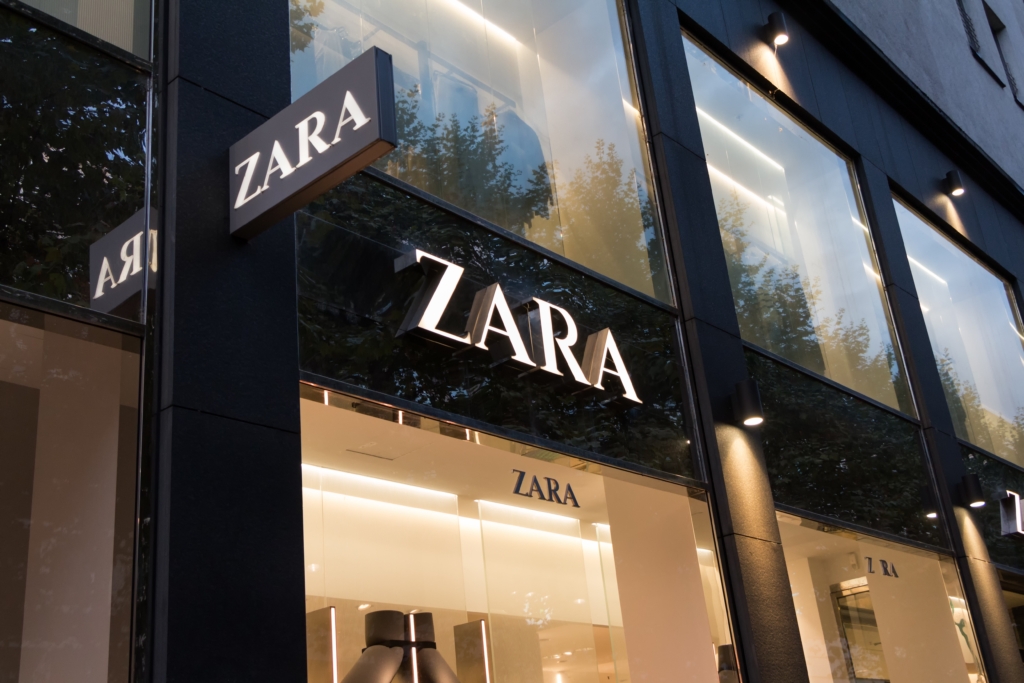Overview
The Zara fashion brand filed a trademark infringement suit against Thiliko for marketing items manufactured by Zara as its own and using Zara marketing materials as its own. How can consumer surveys make or break trademark infringement suits in a classic case of fashion copyright law, and what are other ways that infringed brands can recover?
False Advertising Filing
Zara and related companies filed a copyright infringement suit alleging unfair trade practices, deceptive trade practices and false advertising in the Southern District of New York against L.A.-based Thilikó, LLC.
Fast Fashion Facts:
The plaintiff, Zara, is a Spanish “fast fashion” brand with an enormous global reach. (According to the complaint, Forbes ranked the ZARA brand as the 41st and 46th most valuable brand in the world in its 2020 and 2019 “World’s Most Valuable Brands” rankings.) Thilikó is operated by one individual, Queenie Williams, also known as Qianru Pu and Qianru Williams. Zara alleges that Queenie Williams purchased Zara clothing online, then marketed and resold it under the brand name Thilikó. The complaint alleges that Thilikó removes tags, increases resale cost, and markets and sells the clothing using photos identical to Zara’s, using the internet, social media, and a variety of independent stores in New York. Zara owns copyrights for 32 images and designs included in the complaint. Additionally, Thilikó markets the garments as manufactured sustainably and in small batches. Zara alleges trademark infringement and false advertising; the principal advertising claims at issue are Thilikó’s “green” claims, which must be substantiated just like other advertising claims.
Fast Take on Consumer Surveys in This Case
This is a case where consumer surveys could be introduced as evidence by the plaintiffs, defendants, or both, to show whether consumers were likely to be confused about the origins of the clothing. In a case like this, a consumer survey could measure likelihood of confusion. Additionally, if Zara is famous, a survey could measure whether the Zara brand was diluted by the alleged use of the copyrighted images and remarketed fashions. Finally, an advertising communications survey could measure how consumers interpreted the “green” claims about sustainability and small batches.
Consumer Survey Use in Intellectual Property Law
When brands allege violation of their intellectual property rights, they can use surveys to generate evidence showing confusion, dilution, deception, or lack of these. MMR Strategy Group has extensive experience conducting these types of surveys in trademark infringement and false advertising suits, and our experts can design and conduct surveys measuring confusion, dilution, and more. Contact us today to discuss whether our services and experts are useful for your business.
